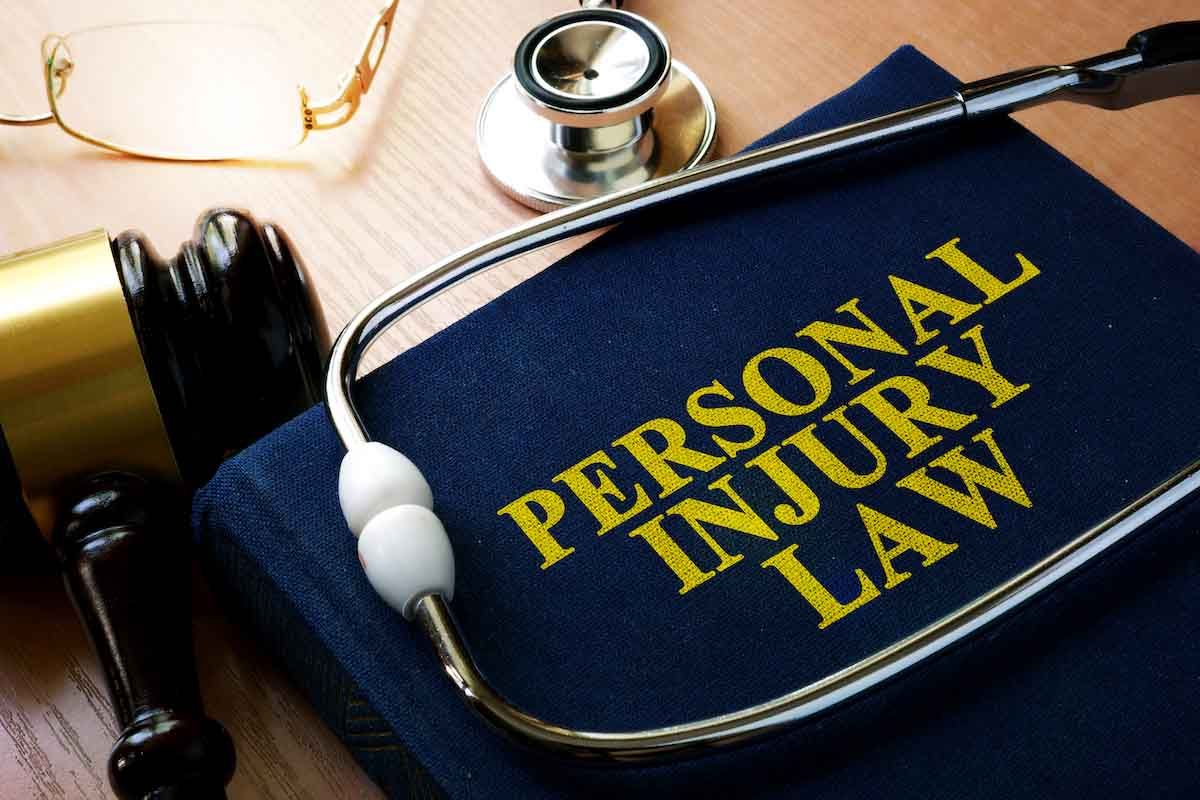Essential Skills Every Colorado Personal Injury Lawyer Should Master

Essential Skills Every Colorado Personal Injury Lawyer Should Master
Personal injury lawyers in Connecticut assist people who get injured because of someone else’s carelessness. To succeed in this competitive field, one needs much more than just jurisprudence.
Lawyers have to be quick on their feet, critical thinkers, and persuasive communicators, whether speaking before clients, judges, or opposing counsel. Mastery of certain specific skills will take them to the next level and ensure that clients obtain what they need.
This article explores the essential skills every Colorado personal injury lawyer should master.
Communication Skills
Strong communication forms the foundation of effective legal representation. Personal injury lawyers must articulate complex concepts in an understandable way to clients unfamiliar with legal jargon, enabling them to understand their rights and progress in their cases.
Precision matters in courtrooms and negotiations. Attorneys need to argue with power, conciseness, and articulation targeted to judges, juries, or opposing counsel without losing any nuance.
Communication involves a lot of active listening as well. An attorney is said to earn the trust and even get the minutest details when he listens to whatever a client says. This would be an added advantage in presenting the case.
Negotiation Tactics
Personal injury lawyers must also be excellent negotiators to secure fair client settlements. Insurance companies often aim to minimize payouts, so lawyers need strategies to counter lowball offers effectively while maintaining professionalism.
Preparation is critical in negotiations. Attorneys should thoroughly evaluate case details, calculate damages accurately, and anticipate opposing arguments.
Timing is equally essential for a good result in any case. By understanding when to push harder or step back, lawyers can move negotiations along in their client’s best interest without delaying or causing deadlock.
Analytical Skills
Every personal injury claim requires a detailed study to determine all the important facts and develop an effective argument. Lawyers scrutinize medical records, accident reports, witness statements, and expert opinions to identify any patterns or inconsistencies.
“A structured mind ensures that no critical evidence evades the professional’s eyes” says Amy Gaiennie of Amy G Injury Firm. Analytical thinking thus enables attorneys to strategize how opposition counsel will try to discredit a case so one can provide a fix in advance.
Additionally, critical decision-making relies on sharp analysis. Attorneys draw upon such skills when considering risk, assessing settlement opportunities, and determining when litigation might be the wisest option.
Client Relationship Management and Empathy Skills
Many clients seek a personal injury attorney when they are experiencing some of the worst moments in their lives. Compassion in communication builds trust in the relationship between the client and their attorney.
Attorneys must balance professionalism with empathy to create an atmosphere that is supportive without overpromising results. Clear updates and honest discussions regarding case progress foster transparency and confidence.
Strong relationship management does not end with case resolution. Good customer service translates to a circle of positive referrals and goodwill over a lifetime within the legal community.
Knowledge of Colorado-Specific Injury Laws and Procedures
Lastly, an excellent attorney needs to know Colorado-specific personal injury laws. Special rules involving modified comparative negligence determine the amount of damages and percentage of fault assessed to parties in personal injury cases.
Of equal significance is the knowledge of local statutes of limitations, which dictate how long the client has to bring a claim. If clients miss this window, their right to recover damages may be lost forever.
Secondly, knowledge of state-specific court procedures allows lawyers to easily facilitate filings, submissions of evidence, and trial requirements. Such wisdom guarantees comprehensive representation for clients specific to the legal landscape of Colorado.

Related Items:





